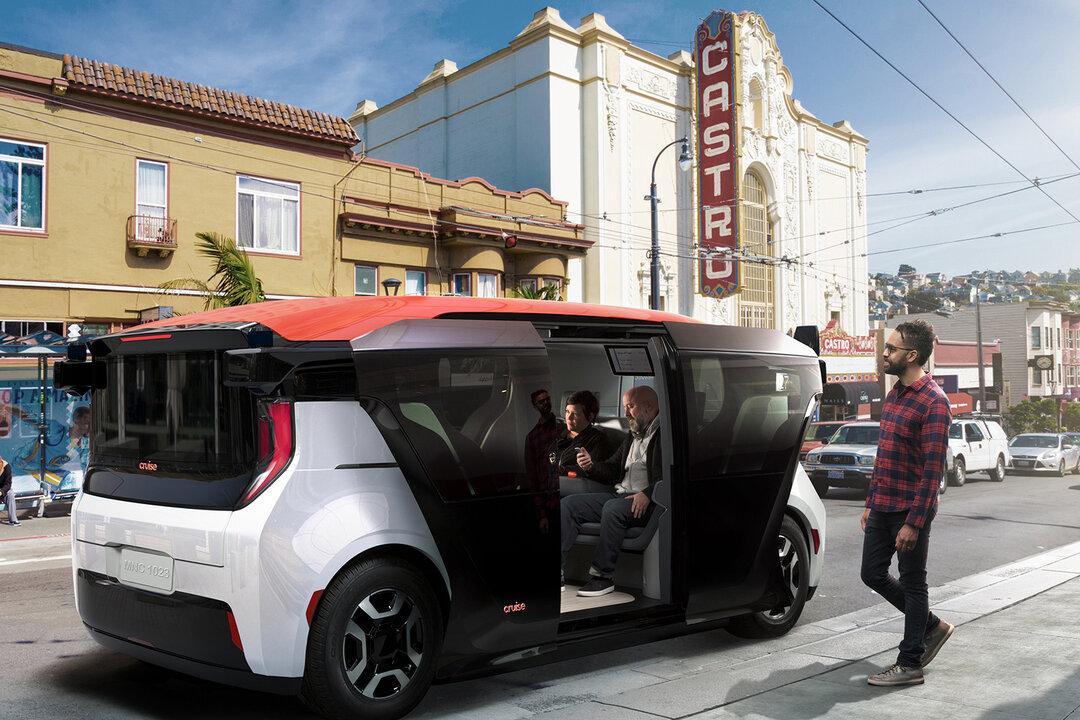General Motors has announced it is investing $2.2 billion in its Detroit-Hamtramck assembly facility, devoting the entire plant to electric trucks and self-driving vehicles and creating some 2,200 jobs in the process. GM’s first all-electric pickup truck will be built there, the company said, and production is scheduled to begin in late 2021.
According to a statement released this week, the battery-electric pickup will be followed by the Cruise Origin, a self-driving shuttle intended for use on ride-share platforms that is currently undergoing testing in San Francisco. The autonomous vehicle is designed to combat urban congestion and air pollution issues, while reducing accidents as self-driving technologies mature, GM says.





